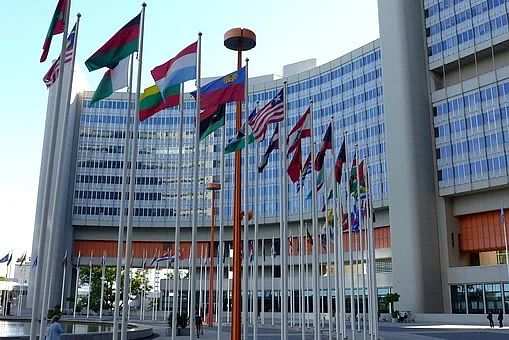First-ever treaty to ban nuclear weapons enters into force

NEW YORK:
The first-ever treaty to ban nuclear weapons entered into force on Friday hailed as a historic step to rid the world of its deadliest weapons, but strongly opposed by the world’s nuclear-armed nations.
The Treaty on the Prohibition of Nuclear Weapons is now part of international law, culminating a decades-long campaign aimed at preventing a repetition of the US atomic bombings of Hiroshima and Nagasaki at the end of World War II.
But getting all nations to ratify the treaty requiring them to never own such weapons seems daunting, if not impossible, in the current global climate.
When the treaty was approved by the UN General Assembly in July 2017, over 120 approved it. But none of the nine countries known or believed to possess nuclear weapons the United States, Russia, Britain, China, France, India, Pakistan, North Korea and Israel supported it and neither did the 30-nation NATO alliance.
Japan, the world’s only country to suffer nuclear attacks, also does not support the treaty, even though the aged survivors of the bombings in 1945 strongly push for it to do so. Japan on its own renounces use and possession of nuclear weapons, but the government has said pursuing a treaty ban is not realistic with nuclear and non-nuclear states so sharply divided over it.
The treaty requires that all ratifying countries never under any circumstances develop, test, produce, manufacture, otherwise gain, possess or stockpile nuclear weapons or other nuclear explosive devices. It also bans any transfer or use of nuclear weapons or nuclear explosive devices and the threat to use such weapons and requires parties to promote the treaty to other countries. (PTI)

















